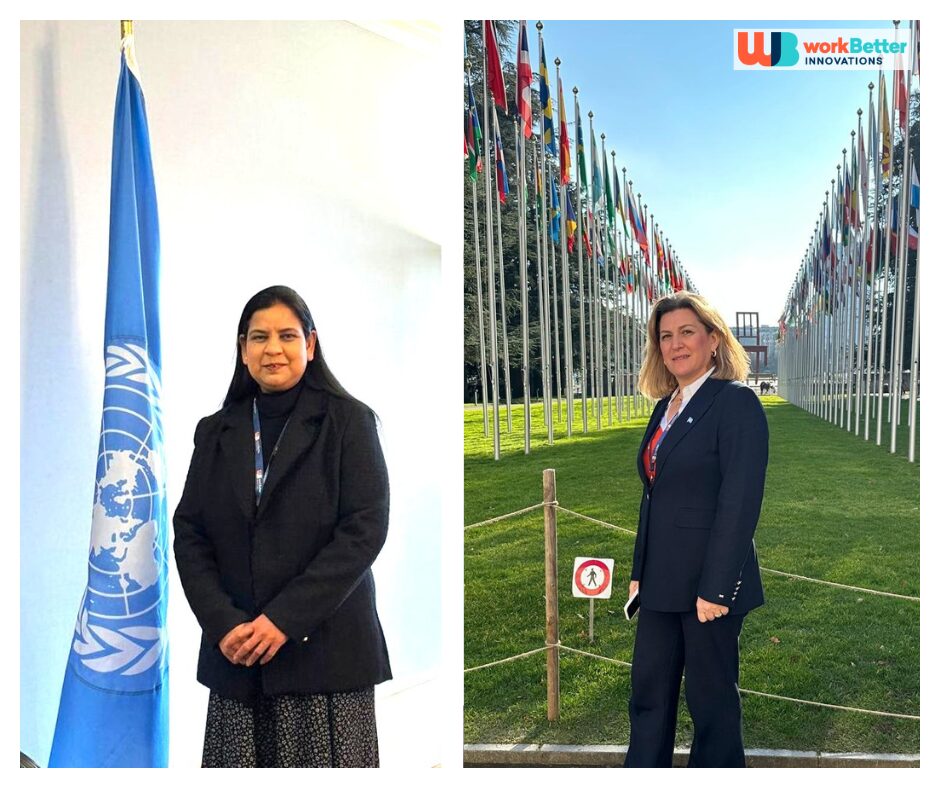22 March 2024. At the Annual Conference of the Association for Asian Studies 2024, WBI Director Dr Bonny Ling presented a talk on ‘Refugee Protection in Japan and Taiwan: Common Challenges and Ways Forward for Human Security’, based on a book chapter co-authored with Mariko Hayashi, Director of the Southeast and East Asian Centre (SEEAC) in London.
Hosted virtually and in Seattle (14-17 March 2024), this international conference represents the largest gathering of scholars and students alike devoted to the study of Asia.

Dr Ling and Mariko Hayashi’s presentation is based on a forthcoming book chapter to be published by Palgrave Macmillan in “Refugees and asylum seekers in East Asia: Perspectives from Japan and Taiwan,” edited by Lara Momesso and Polina Ivanova, later in 2024.
Dr Ling and Mariko Hayashi examined the interplay between human security and traditional security in East Asia, focusing specifically on refugee protection in Japan and Taiwan. Their presentation appeared on a panel with other experts, including Dr Yingjiao Zhu, Christine Lin, J.D., and Min-yen Chiang.
Using a comparative approach applied to Japan and Taiwan’s current policies of asylum, the presentation addressed the following three themes:
- Domestic contradictions;
- Constraints of Refugee Protection;
- Opportunity for Action.
With only 1.04% of the total asylum applications receiving a positive decision in Japan, and Taiwan’s lack of an official asylum law, the talk posed the question of what can be done differently and better to protect the fundamental right to seek asylum?
In Japan, the enforcement of a strict definition for the term ‘refugee’ has meant that only a tiny fraction of all asylum applications have been granted since the country’s ratification of the UN Refugee Convention (1951).
Furthermore, Japan’s Immigration Control Act has been criticised for contravening the international regime for refugee protection and the principle of non-refoulement. Meanwhile in Taiwan, concerns of national security add extra weight to discussions around the protection of refugees. Nevertheless, there is opportunity for action looking ahead.
Introducing a national asylum law in Taiwan would ensure Taiwan’s alignment with international standards, rules and practices for refugee protection. Simply ratifying the UN Refugee Convention, however, is not enough, as demonstrated in the case of Japan. Raising public awareness and support towards the issue of migration on human rights grounds is key to increased uptake.
To find out more, look for the release of the book, “Refugees and asylum seekers in East Asia: Perspectives from Japan and Taiwan,” edited by Lara Momesso and Polina Ivanova, to come out later in 2024.
All the chapters in this book will be made open access, meaning that everyone will be able to download it and read it without a paywall. We are very excited to see this later this year!!






